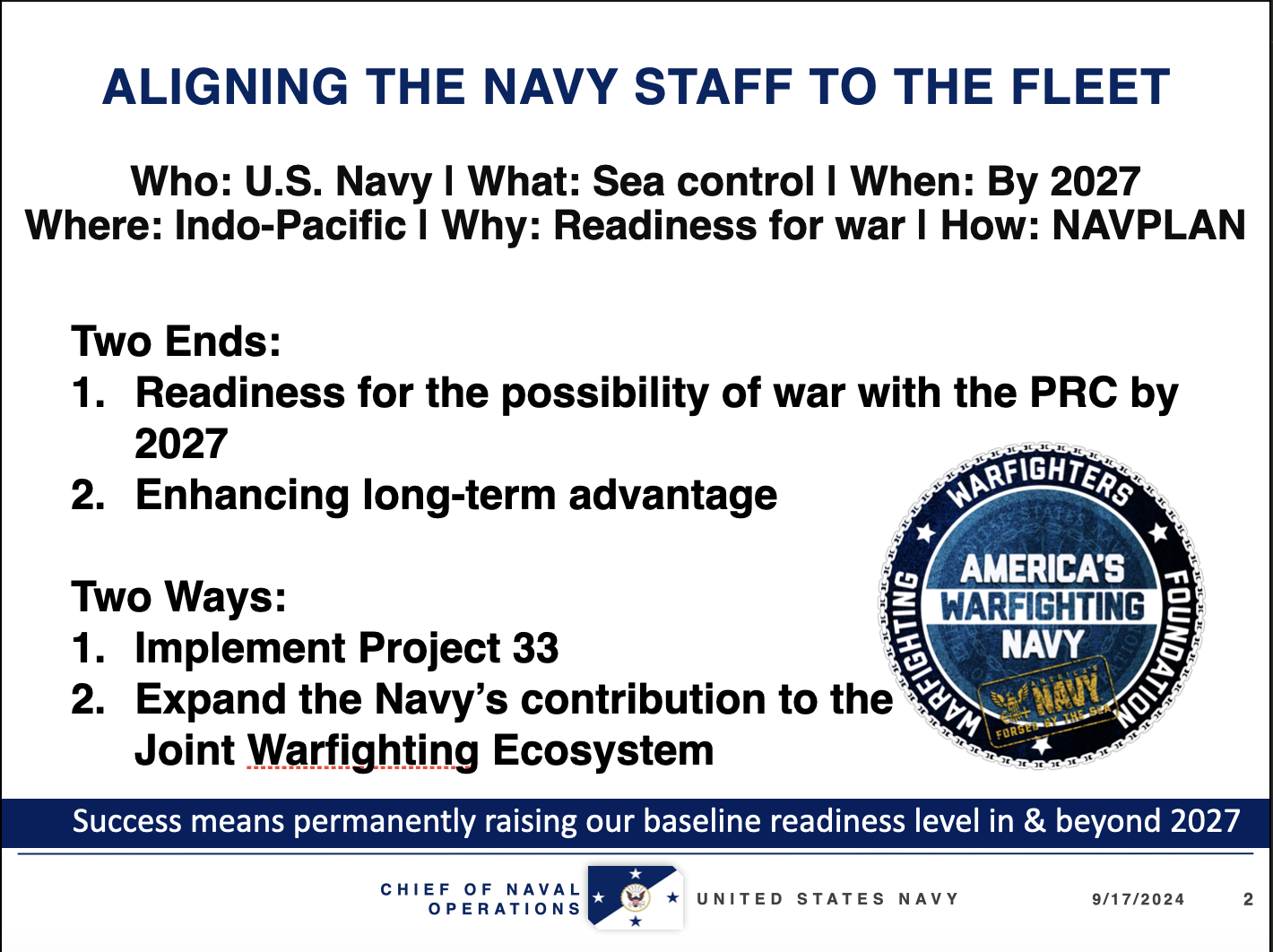

Absolutely, and while manpower is something which could be remedied in the next few years by throwing money at the problem (which the U.S. has) the Navy’s rotted sealift supply capacity can not. The resources a fleet consumes during war are astronomical, and American currently could not supply most of its ships simultaneously if it wanted to right now, during a relative peace. The Navy has only 33 active duty auxiliary vessels, and the majority of civilian ships in the sea-lift reserve are not currently seaworthy.
The incomparable logistics advantage the PRC would have in the Taiwan strait (because their infrastructure and industrial base is right there instead of across an Ocean) is another reason why America would be virtually guaranteed to lose a protracted naval war there.



Given their practice of restrained and selective targeting away from civilians, and public commitment against further escalation, its nearly impossible for me to imagine Iran approving (even tacitly) of an untargetted mass shooting at a transit station in a neighbourhood that is 1/3rd Arab, as an element in Operation True Promise 2.
To me, this raises the question of how the attack then came to coincide nearly exactly with the operation. It seems extremely unlikely that it was a coincidence. Was Hamas informed of the operation in advance by Iran, and they then planned the shooting to coincide with it without telling?